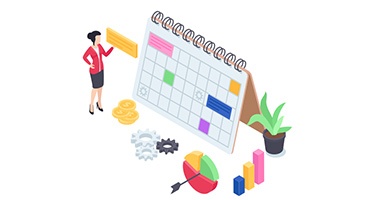Salesforce has been at the forefront of AI in CRM technology ever since it first introduced an AI tool, Salesforce Einstein, to the platform in 2016.
Ever since, Salesforce has been testing, launching and expanding those AI capabilities, giving organizations using the platform more and more insight and efficiency, so they can make the most of every opportunity and deliver the best customer, donor or membership experience. At fusionSpan, we’ve been supporting non-profits to take full advantage of this.


 The Salesforce platform hasn’t embraced AI for AI’s sake. At the heart of every effective Salesforce implementation lies a good data strategy. Its AI can simply help make an organization’s data more accessible, more relevant, and more actionable than ever before – all with the safeguards that make for responsible AI use.
The Salesforce platform hasn’t embraced AI for AI’s sake. At the heart of every effective Salesforce implementation lies a good data strategy. Its AI can simply help make an organization’s data more accessible, more relevant, and more actionable than ever before – all with the safeguards that make for responsible AI use. Salesforce’s AI capabilities help users to automate existing processes and improve the experience they’re offering members and donors. Salesforce Einstein also helps provide users with an even clearer picture of what’s happening in their organizations so they can make better informed decisions.
Salesforce’s AI capabilities help users to automate existing processes and improve the experience they’re offering members and donors. Salesforce Einstein also helps provide users with an even clearer picture of what’s happening in their organizations so they can make better informed decisions.


